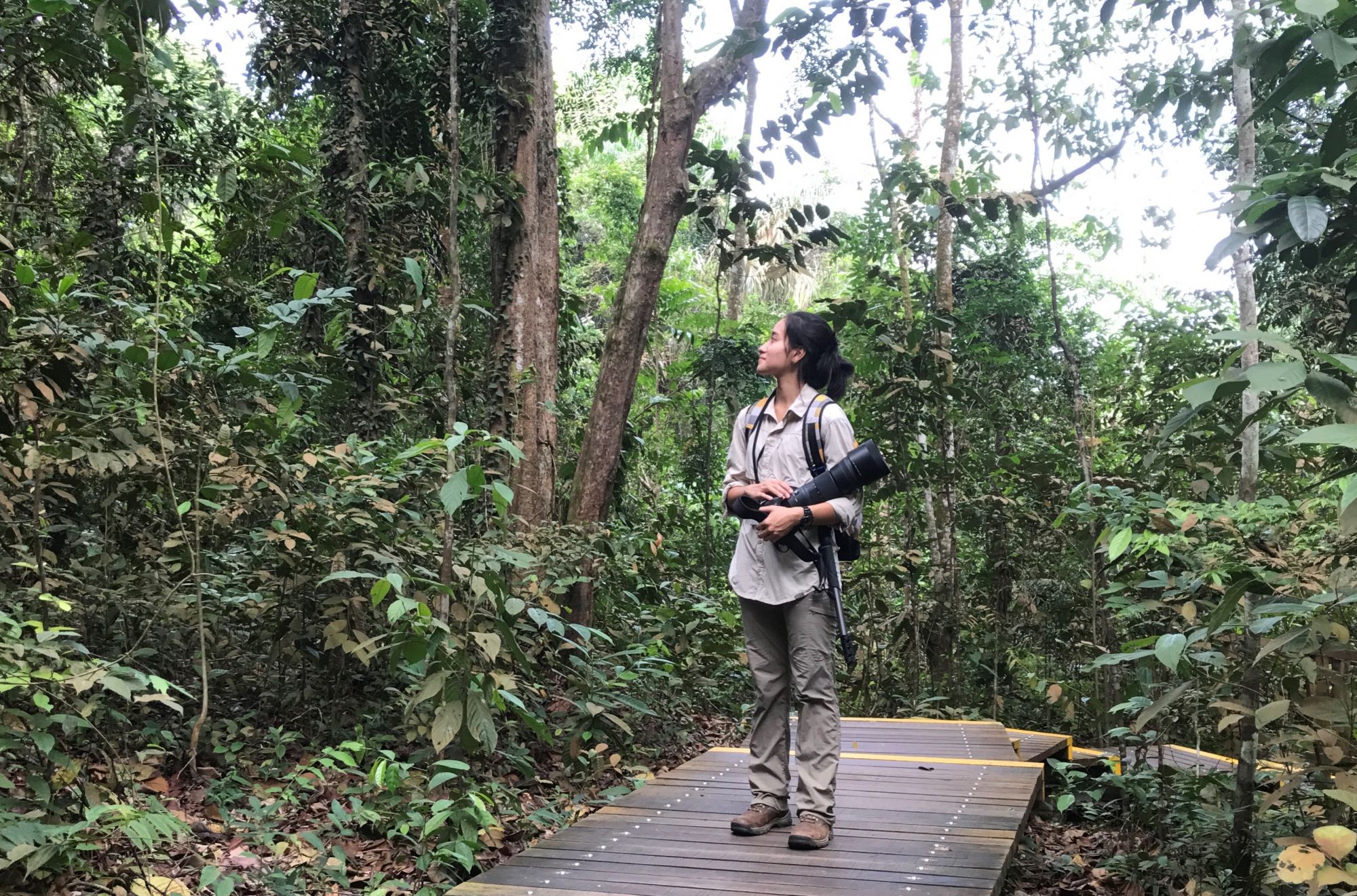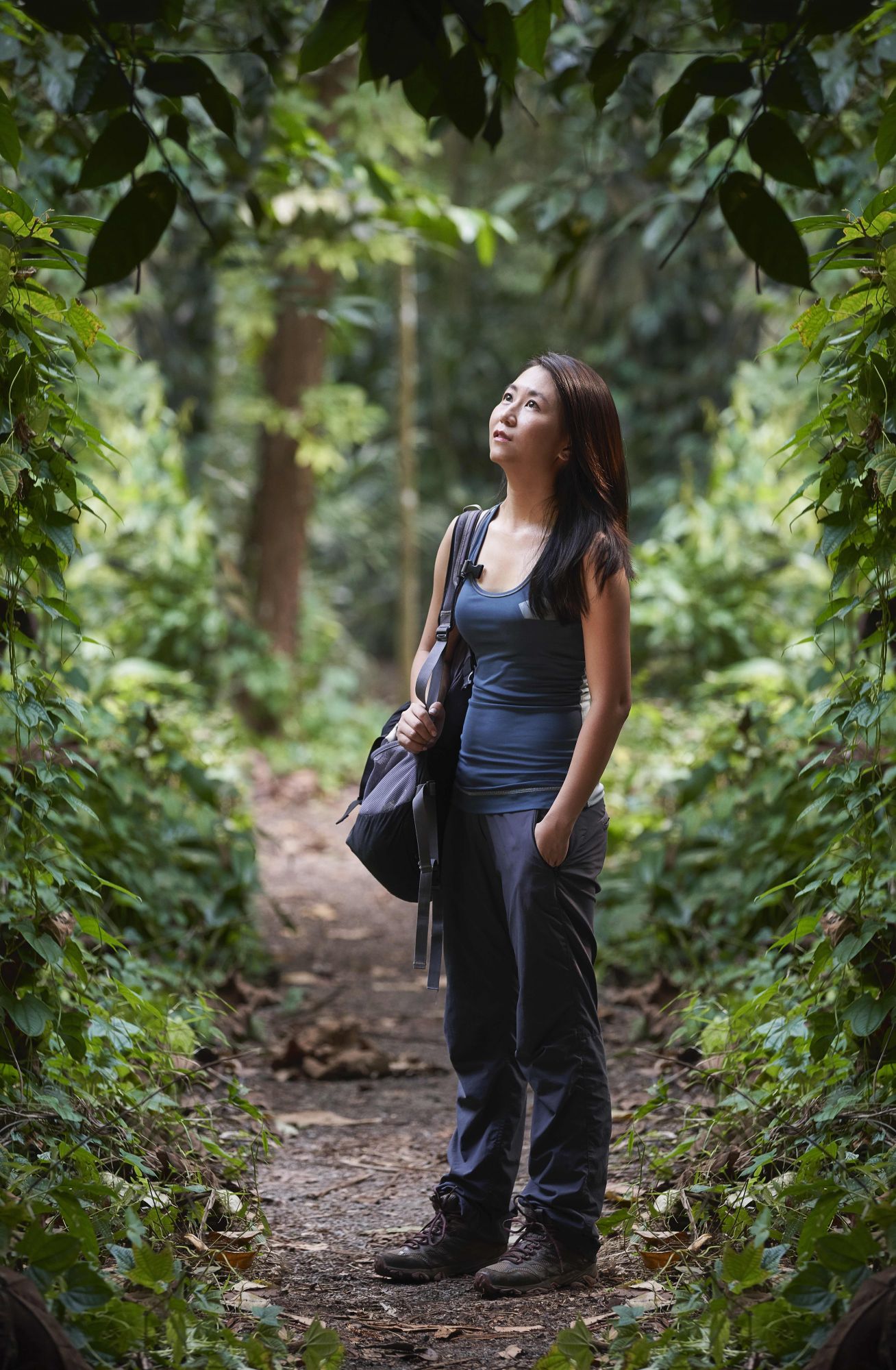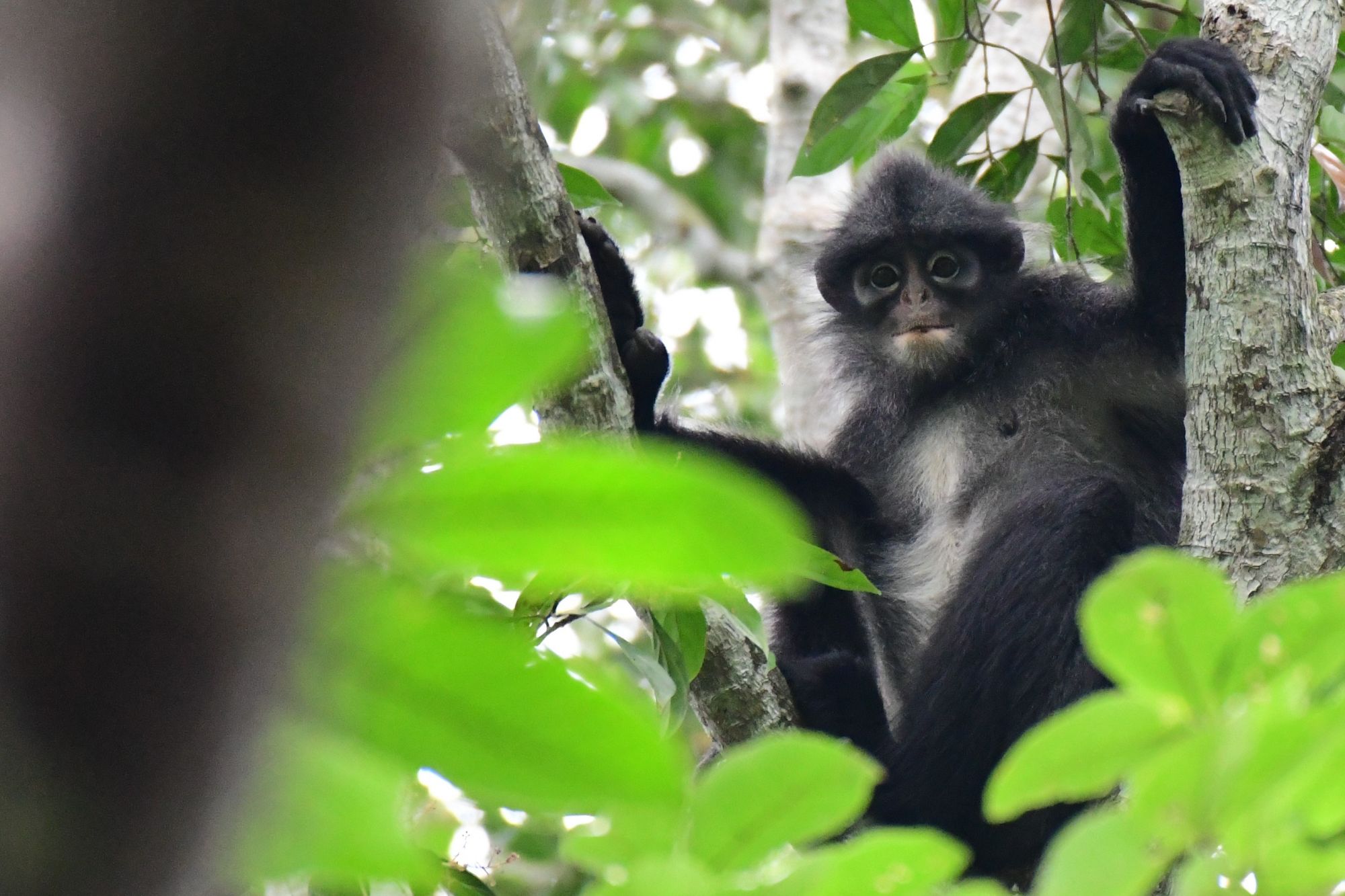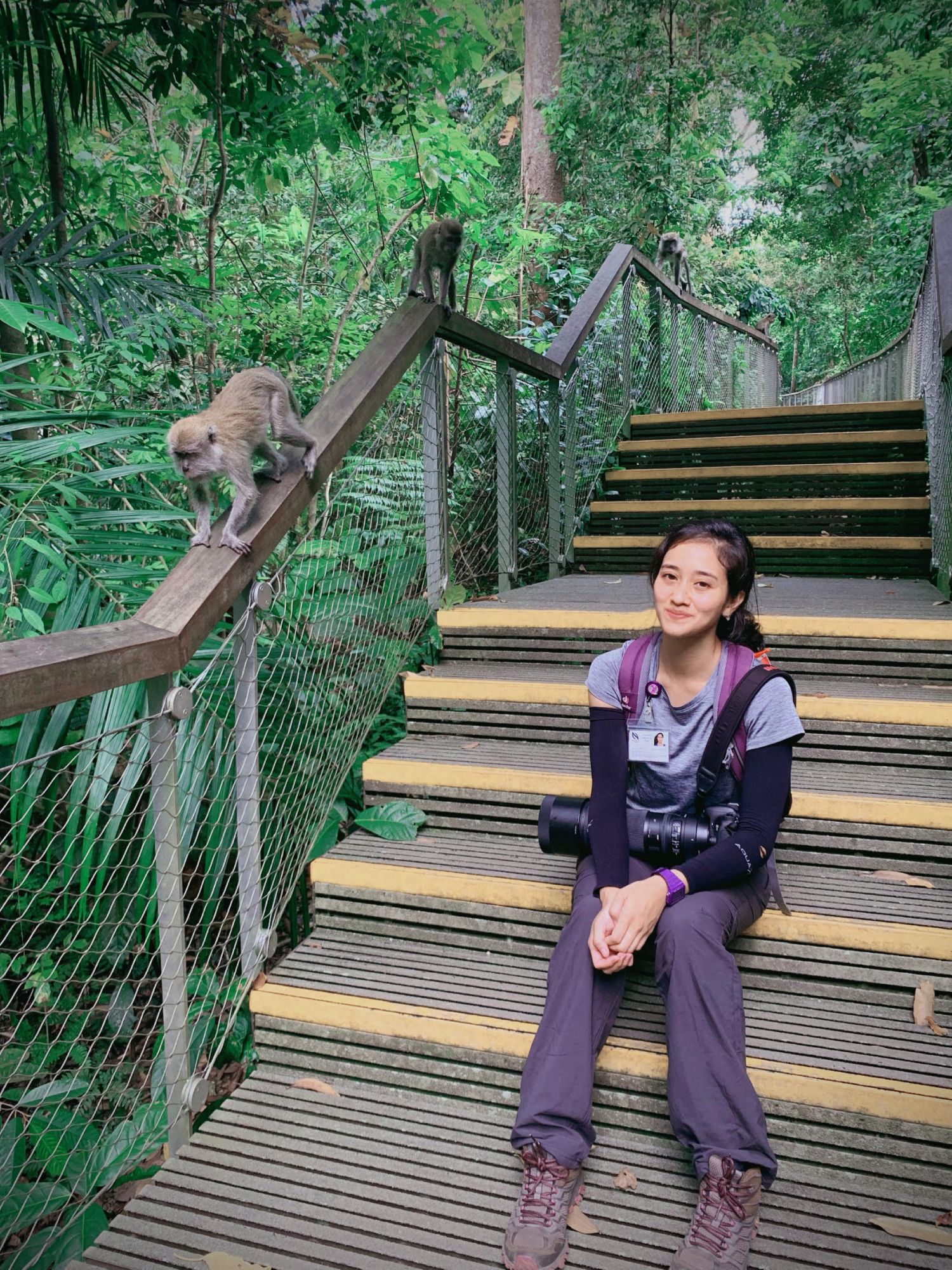Tatler+
That is why it's important to support young conservationists like Sabrina Jabbar, who are driven by passion, so as to effect positive change
When Wildlife Reserves Singapore Conservation Fund research assistant Sabrina Jabbar was growing up, she was cared for by her grandmother, who showed a soft spot for all things nature-related. Inspired by her grandmother, the 29-year-old soon developed a love for animals. "I grew up watching animal documentaries and reading a lot about animals," she said. This affinity and passion for animals has also defined her profession. "It made me decide to work closely with animals, particularly primates because we share so many things alike."

She started her career as a zookeeper with the Night Safari before she transferred to the Singapore Zoo, discovering her love for primates. With a greater exposure to the animal world, she found her calling to effect change and help local wildlife—macaques, in particular—there. In 2013, Sabrina then joined the Animal Concerns Research and Education Society, where she "not only attended to various human-macaque conflict cases but also rescued, rehabilitated and released injured macaques" to nature.
(Related: How It Is All Monkey Business For Primatologist and 2018 Generation T Honouree Andie Ang)



